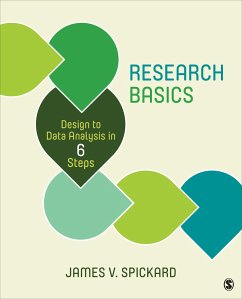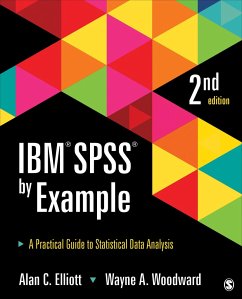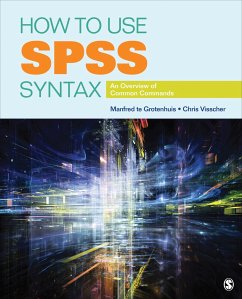
Understanding and Evaluating Qualitative Educational Research
Versandkostenfrei!
Versandfertig in über 4 Wochen
139,99 €
inkl. MwSt.

PAYBACK Punkte
70 °P sammeln!
When learning how to read, analyze, and design one's own research, it is useful to review examples of similar research. Understanding and Evaluating Qualitative Educational Research uses published research articles to teach students how to understand and evaluate qualitative research in education. Each example within a category of qualitative research - ethnography, grounded theory, phenomenology, case study, action research, narrative, and mixed methods - is accompanied by commentary from the editor regarding why the particular approach was used and how and why the various aspects of the exam...
When learning how to read, analyze, and design one's own research, it is useful to review examples of similar research. Understanding and Evaluating Qualitative Educational Research uses published research articles to teach students how to understand and evaluate qualitative research in education. Each example within a category of qualitative research - ethnography, grounded theory, phenomenology, case study, action research, narrative, and mixed methods - is accompanied by commentary from the editor regarding why the particular approach was used and how and why the various aspects of the example relate back to the approach taken. This commentary guides students in learning how to read, analyze, and create their own qualitative research studies. Included in the text is a series of "Issues and Concepts" that are at the forefront of the changing field. This text gives students in qualitative educational research a well-rounded and practical look at what qualitative research is, along with how to read, analyze, and design studies themselves.












